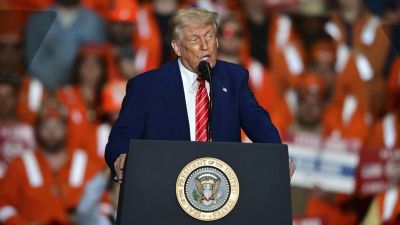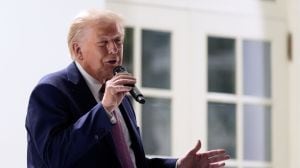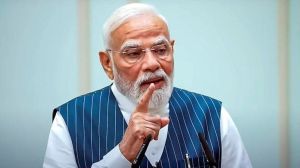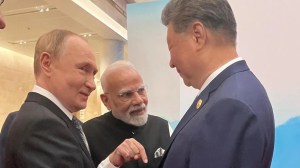Critical issues
The government cannot let Koodankulam fall victim to a political stalemate
The Nuclear Power Corporation of India (NPCIL) has blamed foreign activists for their major role in backing locals whose protests have stopped work at the Koodankulam nuclear power plant in Tamil Nadu. While the spectacle of a globe-trotting crew of activists-errant often confounds development projects across the world and Koodankulam fell a victim once their domestic counterparts cried wolf the ball,however,is firmly in the Union governments court. That Koodankulam has snowballed from a safety issue to a political headache is the Centres failure.
There are two salient truths here which do not necessarily constitute a paradox: a developing economy like India needs nuclear power to cut down its reliance on fossil fuels that increase the atmospheric levels of black carbon. India will need both more and more energy in the coming decades as well as a healthier,sustainable diversification of its energy basket. On the other hand,public concern about a nuclear plant cannot be brushed aside,no matter how emotional and counter-factual. Ideally,every nuclear project should be preceded by prolonged interaction between government,nuclear authorities and locals. In India,safety concerns are compounded by the general negativity about land acquisition. It calls for articulate and thoroughly involved political leadership.
Ironically,Koodankulam was a model site since it began with local support. Unfortunately,a mandatory evacuation drill in the run-up to operationalising the reactor boomeranged,with somebody managing to convince residents of the area that the plant was an impending disaster. Post-Fukushima,nuclear fears ballooned around the world,but the world has moved on and the nuclear industry has ended up much enlightened. Moreover,the fundamental truth that Fukushima was a first-generation dinosaur and that modern reactors are built to altogether different safety standards will henceforth need to be communicated. Now,Koodankulam with Indias first 1,000 MW reactor sits idle while it should have been going critical by year-end. This risks damage to its systems as the hot run was completed long ago. Srikumar Banerjee,chairman of the Atomic Energy Commission,has admitted that necessary one-to-one contact is not happening. How long will it take the government to muster its political will (to credibly engage with legitimate fears and wilful misrepresentation) while Indias nuclear future is forced to recede?
Photos


- 01
- 02
- 03
- 04
- 05




























